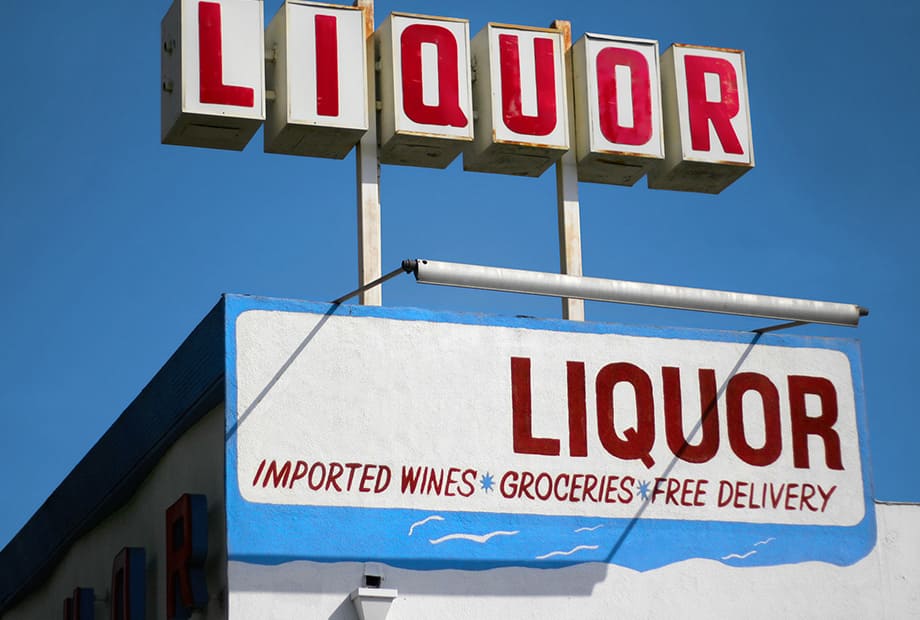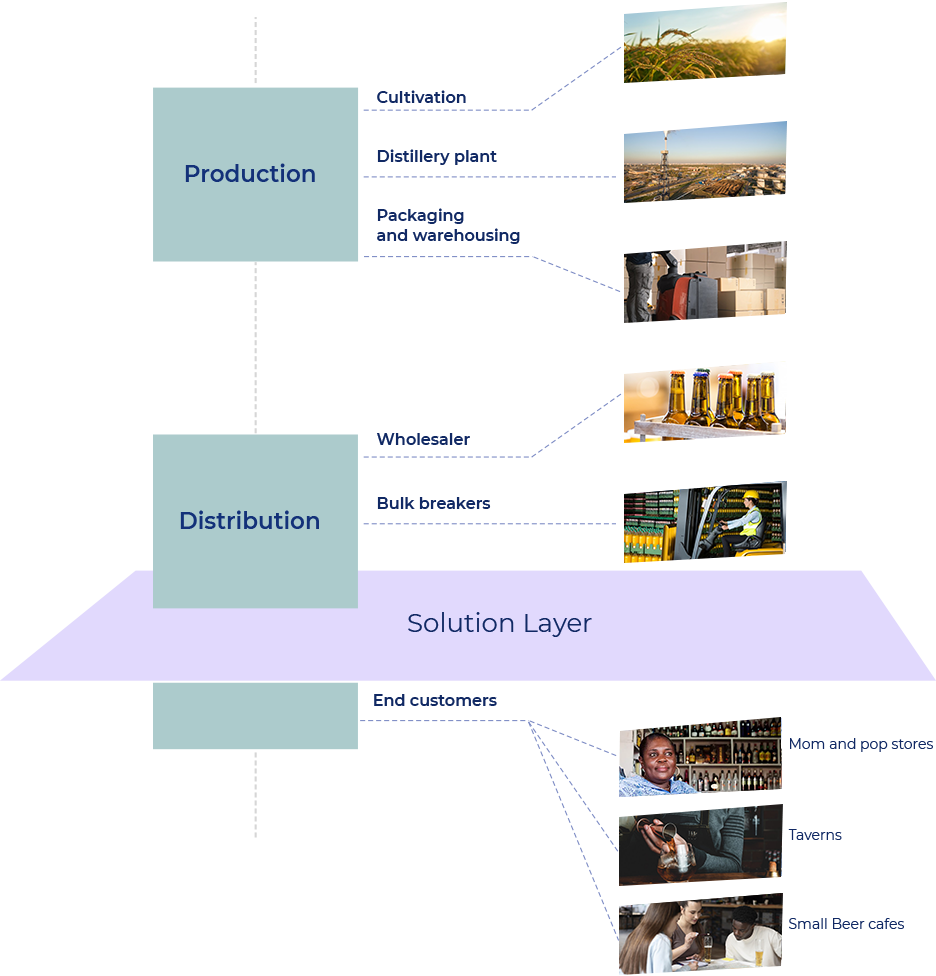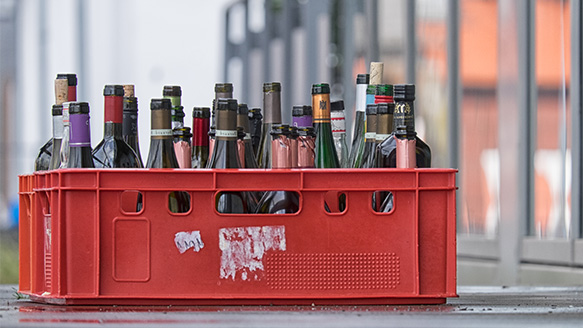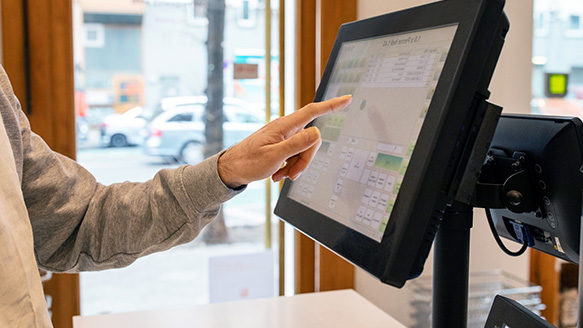
B2C Marketplace Software
Step into the B2C landscape confidently with Yo!Kart, the best-in-class marketplace software
Step into the B2C landscape confidently with Yo!Kart, the best-in-class marketplace software
Kickstart your B2B marketplace with Yo!Kart B2B and its comprehensive set of integrated features
Grow your business reach with our top drawer eCommerce marketplace mobile apps
Ideal solution for the Fashion Industry
Ideal solution for the Furniture Industry
A complete turnkey Healthcare solution
Ideal solution for the Electronics Industry
Ideal solution for the Sports Industry
Ideal solution for a Digital Marketplace


5000+ projects delivered worldwide. Explore how we helped thousands of entrepreneurs realize their vision

Learn how our clients climbed the ladder of success by choosing Yo!Kart

Deep dive into the process and the hardwork we put into each of the projects that we deliver

See what our clients say about our team and Yo!Kart

Explore the latest ecommerce tips, trends and strategies
Guides to help you start your ecommerce marketplace with ease
Detailed resources to setup your marketplace at one place
Explore what the latest update has in store for you
Learn more about key features and functionality of Yo!Kart
Got Questions? They might already be answered
Learn more about us, our core values, history and achievements




The client, a world-leading brewing company, engaged FATbit to develop a B2B liquor selling platform to provide fair prices to end customers (mom & pop stores, taverns and small beer cafes).

We kicked things off by setting up a base at the client's location for a week and conducted workshops with client and end-users to dive deeper into the problem space and have a hands-on experience of the ground reality. Our collaboration with key stakeholders helped us identify and understand the buyers' (mom & pop stores, taverns and small beer cafes) and sellers' (wholesalers, bulk breakers) core steps throughout the liquor supply chain existing offline setup. We mapped these core steps with the client's requirements to zero down on the MVP (Minimum viable product) action items.

Having crucial elements that needed to be addressed, we focused on creating the Minimum Viable Product by implementing agile workflow. Taking product's core objectives and client’s context into account, we created user journeys for both buyers and sellers. We distilled these user journeys into detailed use cases and designed wireframes underpinned with linear flows towards the goal completion.


Over the next few sprints, we refined the MVP based upon the feedback received. Once the MVP was incorporated with the fresh perspectives, we focused on marking the product capabilities' progression by integrating different ERP systems using Dell Boomi to establish a bidirectional information flow to synchronise inventory, orders, prices, offers and debtors.

In the next phase, we worked on strengthening the product capabilities to onboard the supermarkets and retail chains. Most of them were using the ARCH ERP systems and we researched that IBM API Connect fits best for integrating ARCH ERP systems. We created a new platform adoption roadmap and accordingly updated the solution architecture to integrate the ARCH ERP systems with IBM API Connect while keeping the existing Dell Boomi integrations intact.

With the major integrations in place, we focused on the reporting functionality and investigated several cloud-based solutions. Microsoft Power BI emerged as the go-to solution with the right toolkit to allow a push-button analysis of the extensive data set and provide essential insights for client's commercial success. We developed APIs to enable Microsoft Power BI pull data from the product database and provide meaningful insights.

While developing all the functionalities, creating APIs for ERP integrations, we were crystal clear about rolling out the product offerings to market continuously, quickly and in a stable state. We achieved this by implementing Agile and DevOps practices, Octopus Deploy, and utilizing the Azure cloud's power.



The online shift helped achieve price democracy across the liquor value chain. Big players' monopolies got diluted, and an equal opportunity environment echoed positive sentiments for the sellers, the buyers, and the liquor industry.


The system displays prices offered by different sellers on the basket level or individual item level. The seller offering the lowest price and closest to the buyer's location tops the list.
This functionality delivered price transparency to the end-user and set a playing field for fair trading practices for sellers of all sizes.


Developed empty bottles/crates return management functionality. The end-user gets instantly rewarded for choosing the bottle return option with a discount on the total amount at the checkout stage.
This provision planted at the right stage in the user journey significantly improved the return rate of reusable glass bottles and benefited customers, businesses, and the environment.


Created APIs to integrate POS (Point of Sales) with the system. This integration enabled the end-users to compile order from within the POS system and push it to the liquor platform to place the order.
It remarkably improved the operational efficiency of the sellers and accelerated the rate of solution adoption.


Integrated Africa's leading loyalty program platform to incentivize end-users with loyalty points for each purchase.
It spiked up the positive purchase behaviour and the number of new users committed to the system.


Established communication with different ERPs (ARCH etc.) using Dell Boomi and IBM API Connect.
It considerably accelerated the onboarding of supermarket chains, leading liquor sellers and expanded the liquor platform to new markets.


Built APIs to integrate with Microsoft Power BI to push the system's entire data estate to Power BI for rich analysis and reporting.
It notably improved the liquor demand forecasting across different segments laddering down to the smallest liquor sellers and positively impacted the client's net earnings.